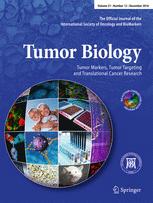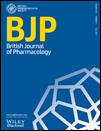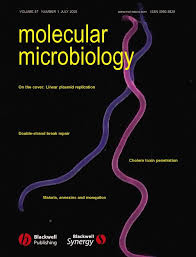 Springer is retracting 107 papers from one journal after discovering they had been accepted with fake peer reviews. Yes, 107.
Springer is retracting 107 papers from one journal after discovering they had been accepted with fake peer reviews. Yes, 107.
To submit a fake review, someone (often the author of a paper) either makes up an outside expert to review the paper, or suggests a real researcher — and in both cases, provides a fake email address that comes back to someone who will invariably give the paper a glowing review. In this case, Springer, the publisher of Tumor Biology through 2016, told us that an investigation produced “clear evidence” the reviews were submitted under the names of real researchers with faked emails. Some of the authors may have used a third-party editing service, which may have supplied the reviews. The journal is now published by SAGE.
The retractions follow another sweep by the publisher last year, when Tumor Biology retracted 25 papers for compromised review and other issues, mostly authored by researchers based in Iran. With the latest bunch of retractions, the journal has now retracted the most papers of any other journal indexed by Clarivate Analytics’ Web of Science, formerly part of Thomson Reuters. In 2015, its impact factor — 2.9 — ranked it 104th out of 213 oncology journals.
Here’s more from Springer’s official statement, out today:
 A journal has flagged a paper by a researcher who has questioned the safety of genetically modified organisms, after receiving concerns that there were issues with some images.
A journal has flagged a paper by a researcher who has questioned the safety of genetically modified organisms, after receiving concerns that there were issues with some images. PLOS ONE has retracted the last of five papers by a former employee of Pfizer, who the company
PLOS ONE has retracted the last of five papers by a former employee of Pfizer, who the company 
 A pharmacology journal has
A pharmacology journal has  A researcher who resigned from the University of Dundee in Scotland after it
A researcher who resigned from the University of Dundee in Scotland after it 
 A researcher in Germany has been banned from seeking money from the largest independent research funder in the country for five years after an investigation by her former employer found her guilty of misconduct.
A researcher in Germany has been banned from seeking money from the largest independent research funder in the country for five years after an investigation by her former employer found her guilty of misconduct.